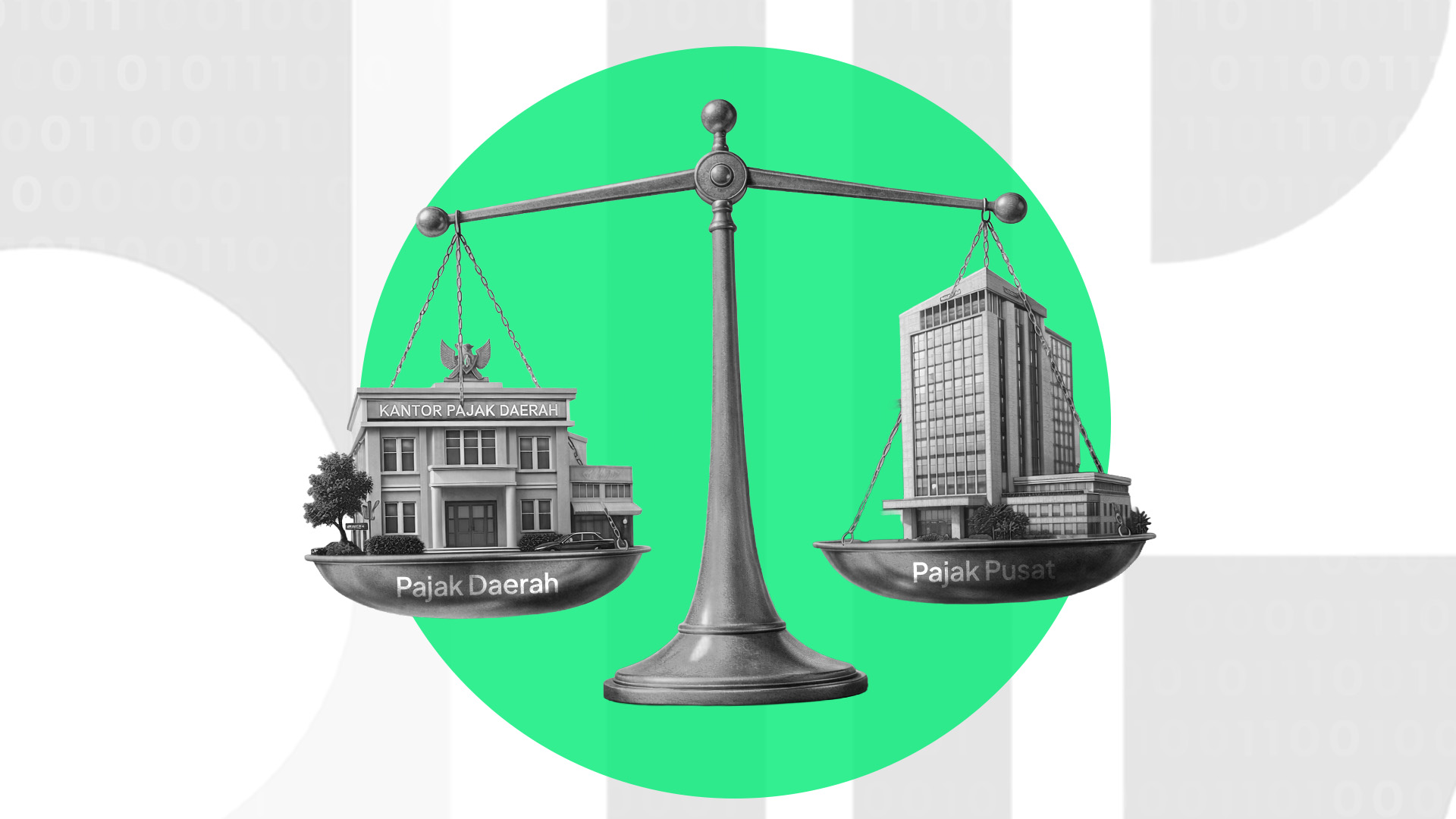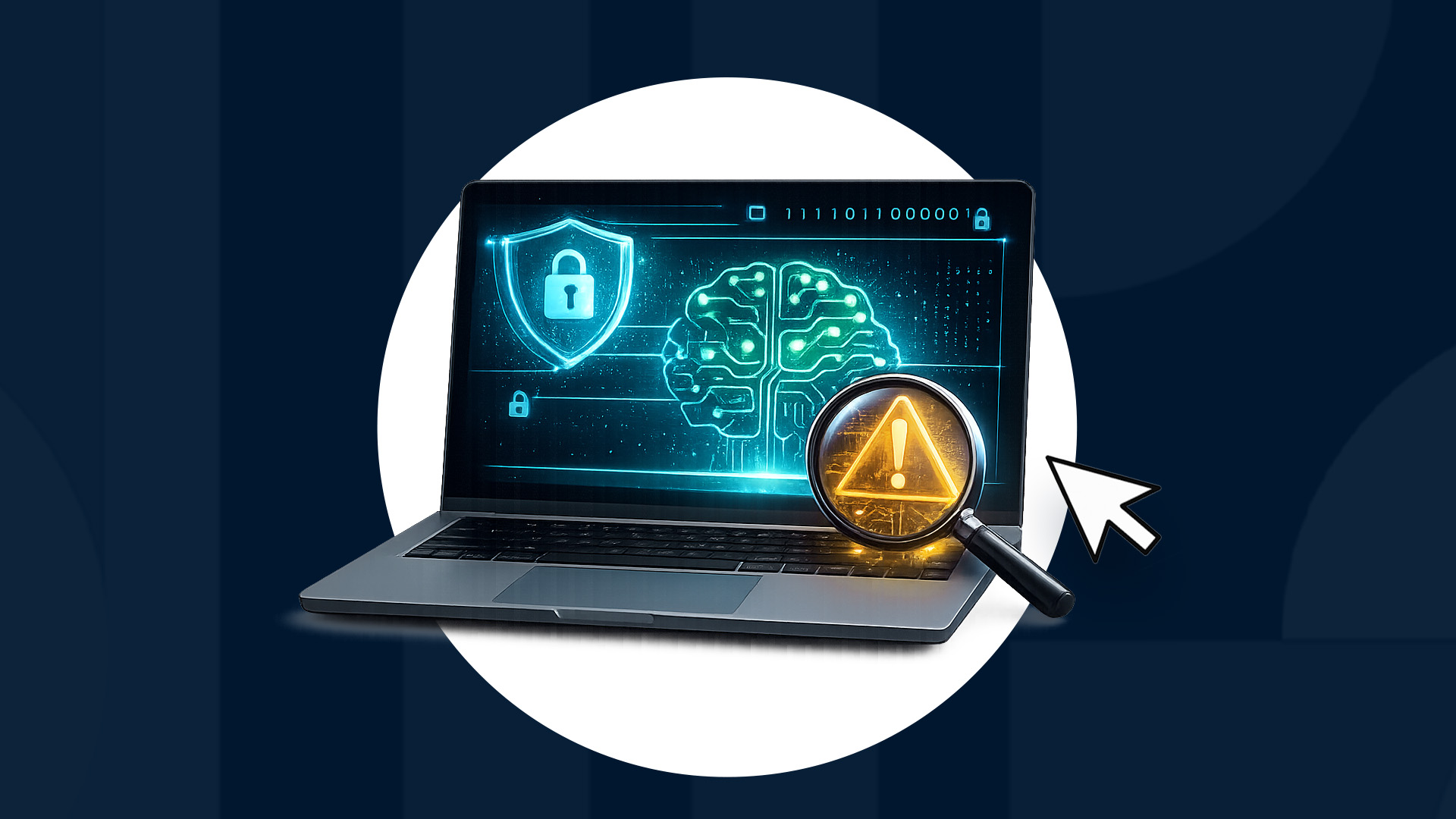Amid the commemoration of National Consumer Day, we are reminded of the importance of consumer protection in the digital era. Deepfake technology, with its ability to create almost indistinguishable fake content from reality, has become a double-edged sword. The case of Melaney Ricardo, who fell victim to fake weight loss ads, is one real-world example of how deepfakes can affect consumers and businesses.
Recently, Melaney Ricardo, an Indonesian celebrity, became a victim of a weight loss ad using deepfake technology. A deepfake video showcasing her giving a false testimonial about a slimming product went viral, causing confusion and reputational damage. This incident shows how easily advanced technology can be used to spread false information and deceive consumers.
Deepfake technology is a double-edged sword. On one hand, deepfakes offer great potential in the creative industry, education, and even for security purposes. However, on the other hand, the misuse of this technology in fraud, unauthorized creation of pornographic content, and dissemination of hoaxes can undermine public trust and threaten privacy.
Between 2017 and 2019, deepfake fraud incidents soared by over 900% each year. In 2020, these scams caused businesses more than $250 million in losses. One major case uncovered in the media involved a worker in Hong Kong tricked into sending $25 million to scammers in January 2024 using fake video conference technology.
The UN also released a report in 2024 indicating that cyber fraud in Southeast Asia is becoming more diverse, encompassing online banking fraud, blockchain, cryptocurrency transactions, and other cybercrimes. In Indonesia, a bank reported a fraud incident involving a credit application using deepfake. By 2026, it is estimated that 30% of companies will consider current identity verification and authentication solutions unreliable when used alone.
Imagine you have a consumer-centered company in an industry such as banking, insurance, or e-commerce. Then, a deepfake attack your company's biometric verification system, causing losses for your consumers. In this case, you have violated one of the consumer rights regulated in the Consumer Protection Law, namely the right to comfort, security, and safety in consuming goods and/or services. Furthermore, below are the impacts that will occur to your company:
- Financial Losses:
Fraud always results in financial losses, especially fraud involving biometrics. In e-commerce or fintech companies, biometrics are typically used for transactions. So, when biometrics can be forged using deepfake, fraudsters can access transactions and cause financial losses.
- Reputation Hazards:
User data breaches indicate that companies cannot protect user rights well. This affects the company's reputation. Reputation is something built in the long term with the business aspects owned. Thus, reputation damage will have a significant impact on the company's business performance.
- Company Stock Prices Plummeting:
Company reputation also relates to stock prices. Stocks as indicators of company health are highly dynamic towards everything that happens within the company. Investor confidence will be disrupted if the company incurs losses due to poor data security systems.
A number of events and data involving deepfakes underscore the importance of digital literacy in society. Education on how to recognize deepfake content and verify information is key to protecting oneself from digital fraud. National Consumer Day is the right momentum to raise awareness, encouraging consumers and businesses to be more vigilant against the potential dangers of deepfake technology.
The Role of VIDA in Protecting Consumers and Businesses
In response to the dual impacts of deepfake technology, VIDA has taken a proactive step through the launch of VIDA Deepfake Shield. This innovative solution is designed to help businesses identify and prevent deepfake fraud attempts, preserving the authenticity of digital identities. By combining advanced detection technology and identity verification, VIDA is committed to creating a safe and trustworthy digital environment for consumers and businesses.
The case of Melaney Ricardo is not just a story about a victim of fraud but also a call for us to work together in building a safer and more inclusive digital ecosystem. With solutions like VIDA Deepfake Shield, we can protect consumer interests and ensure the integrity of business in the digital world. Happy National Consumer Day.

.png)

.jpeg)
